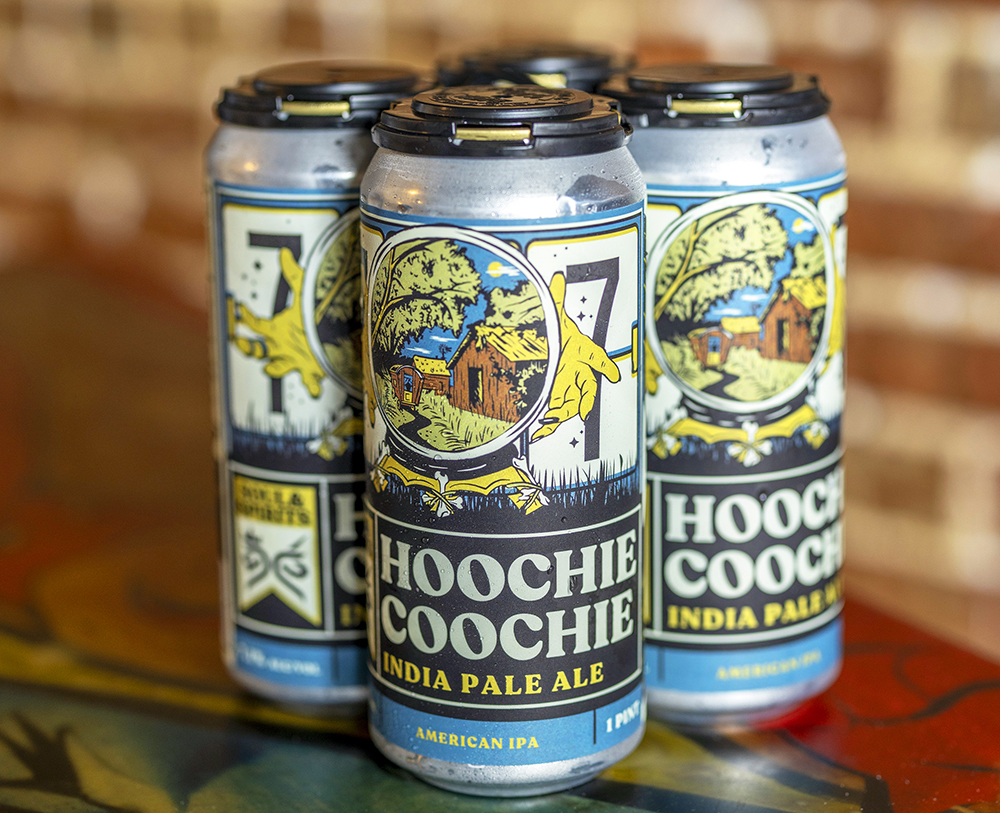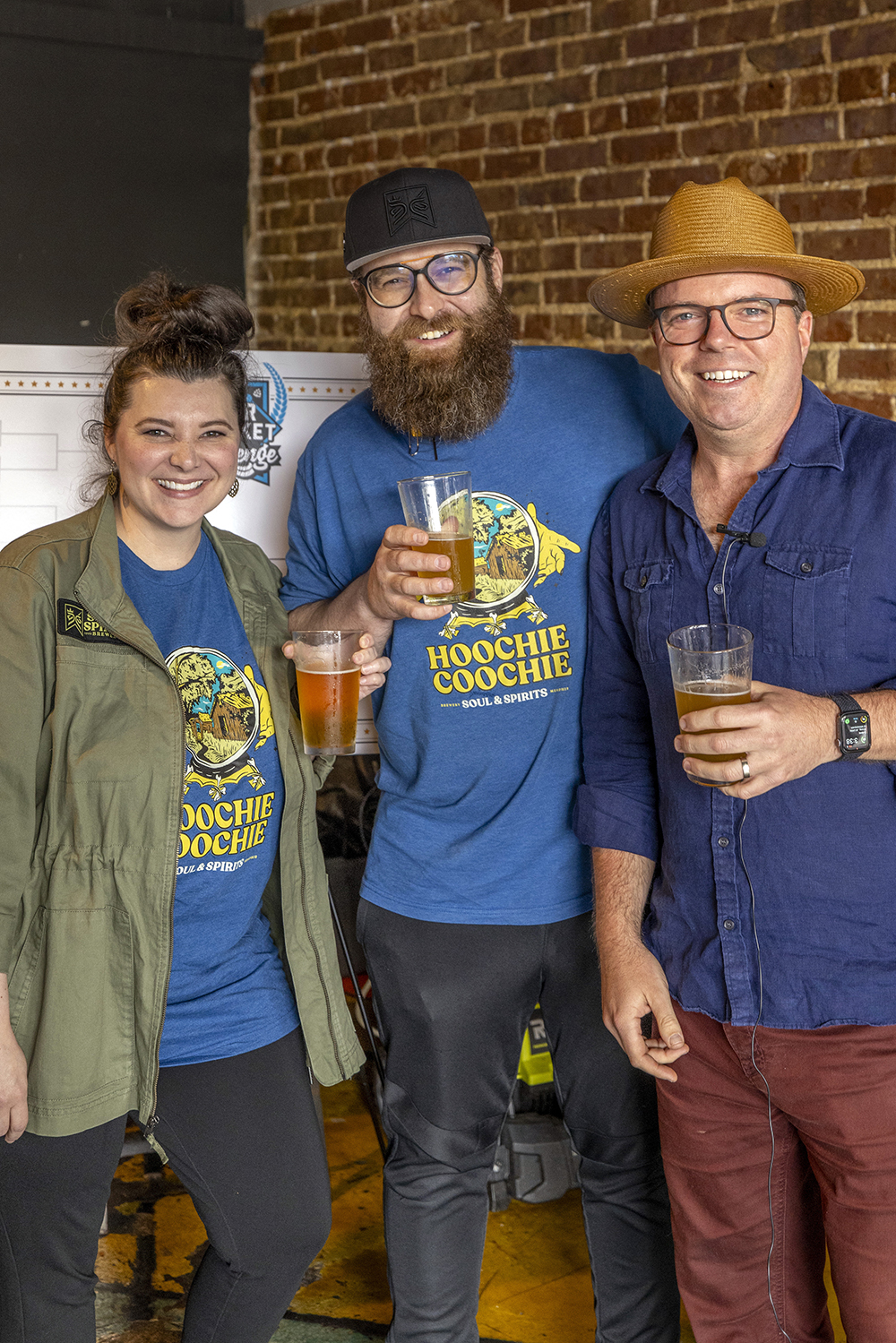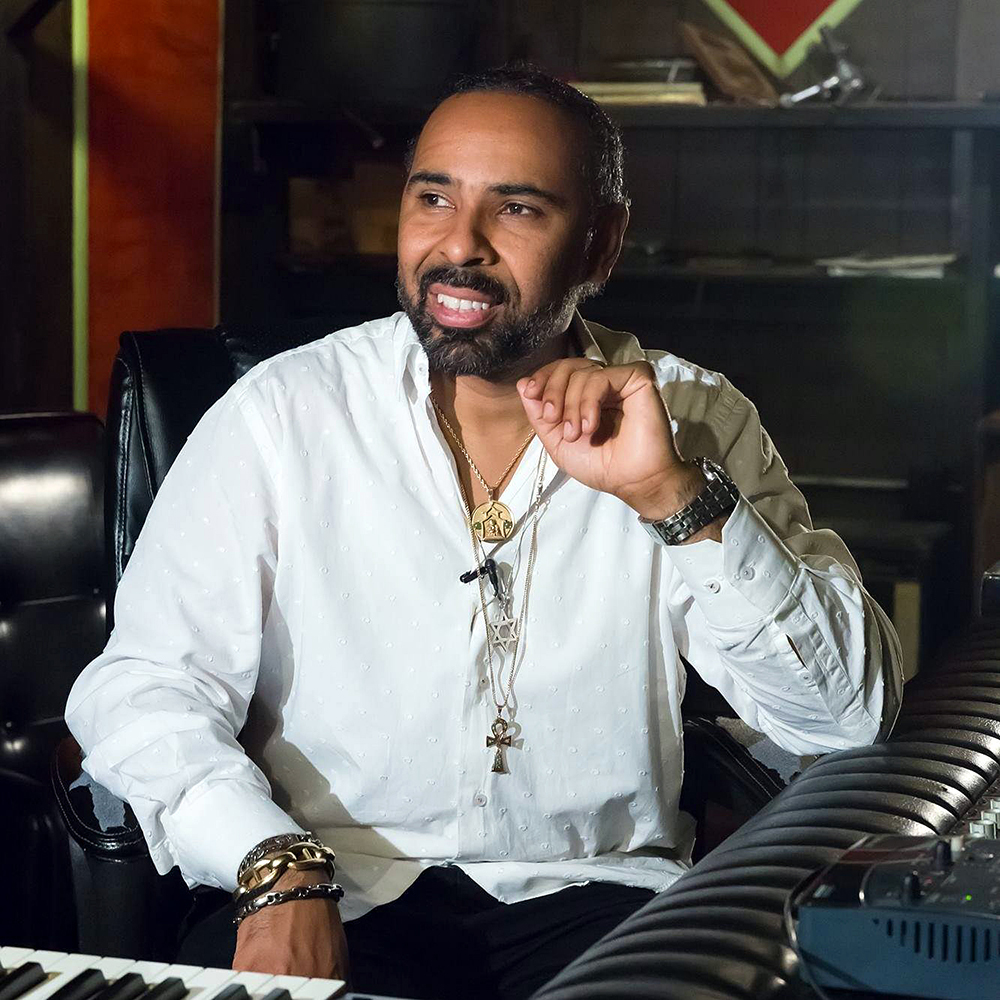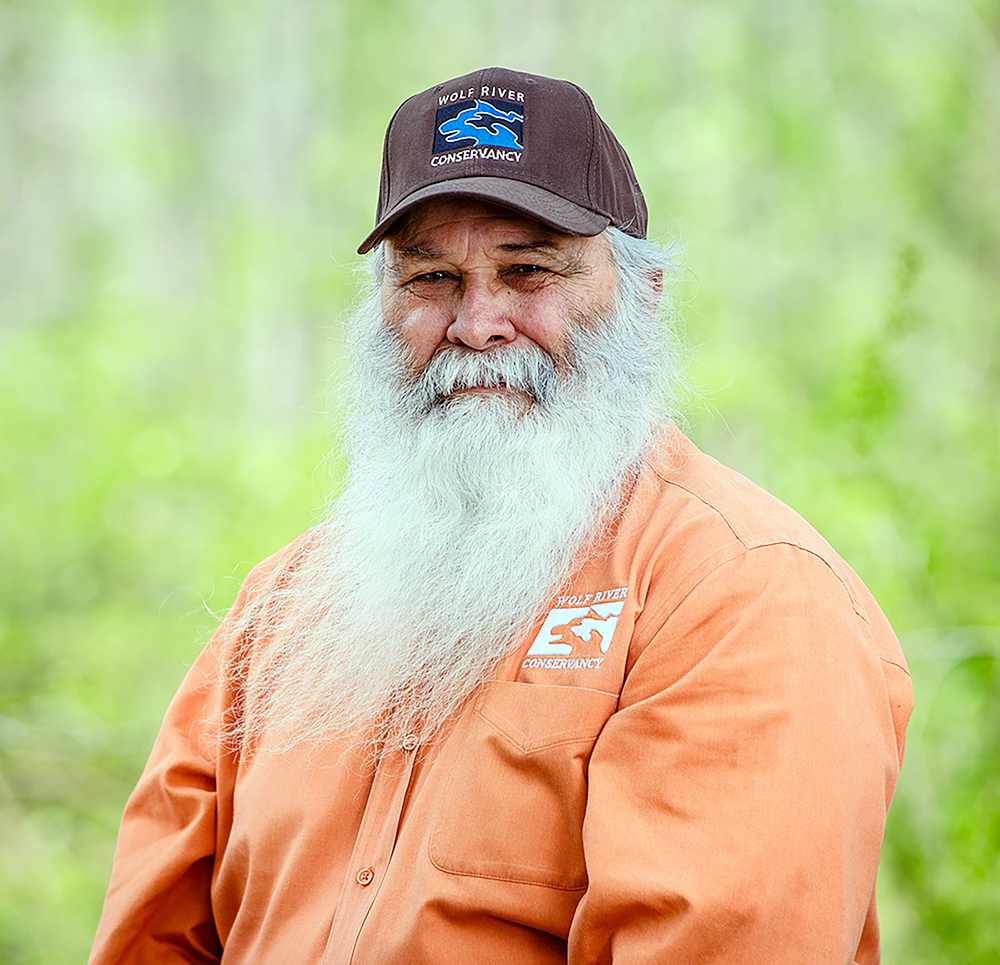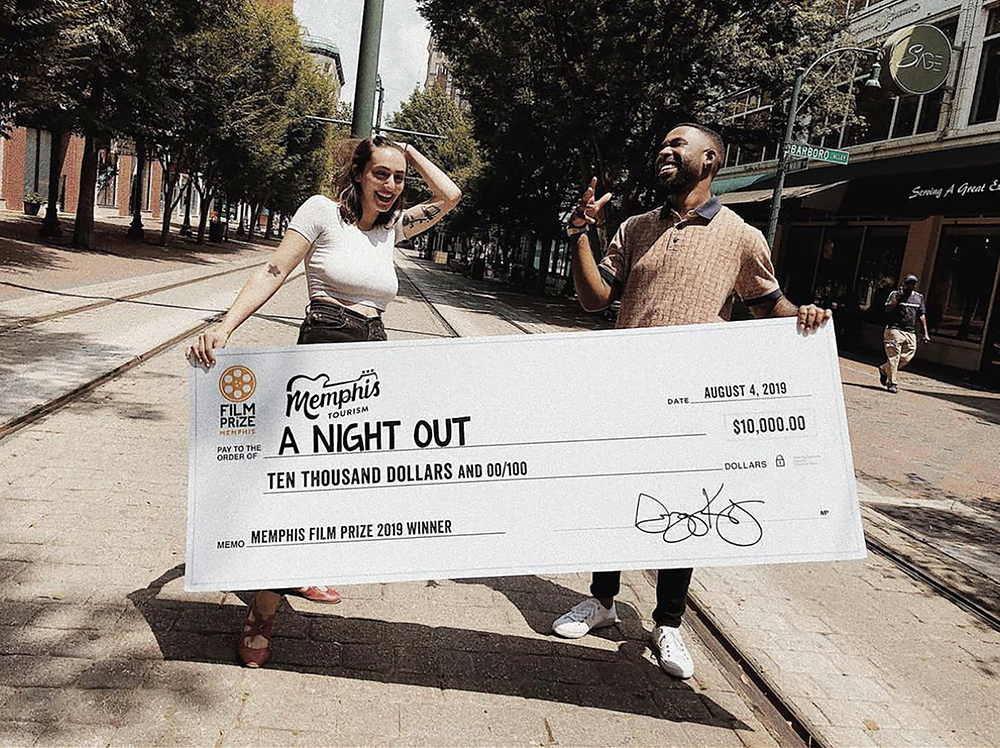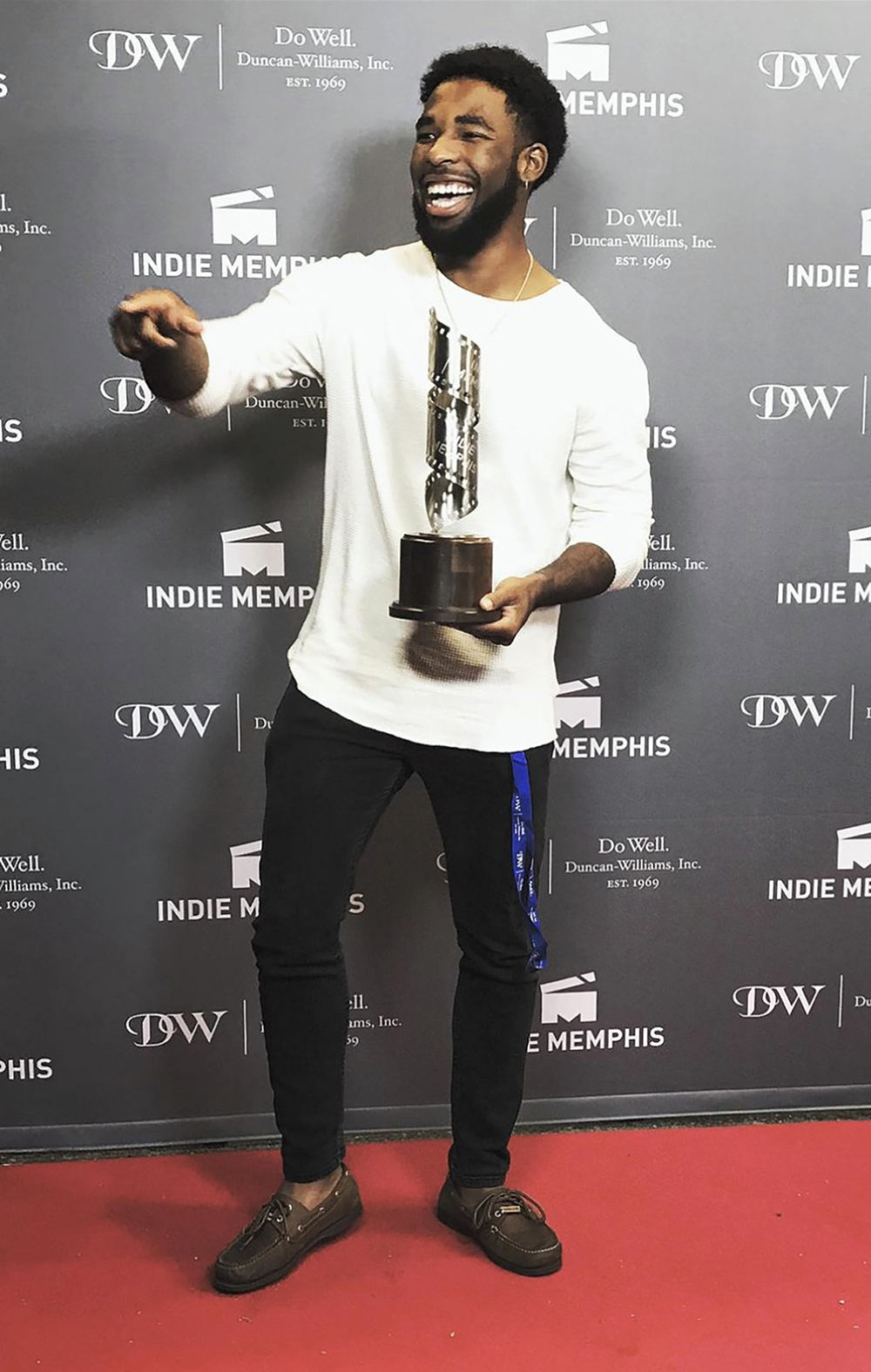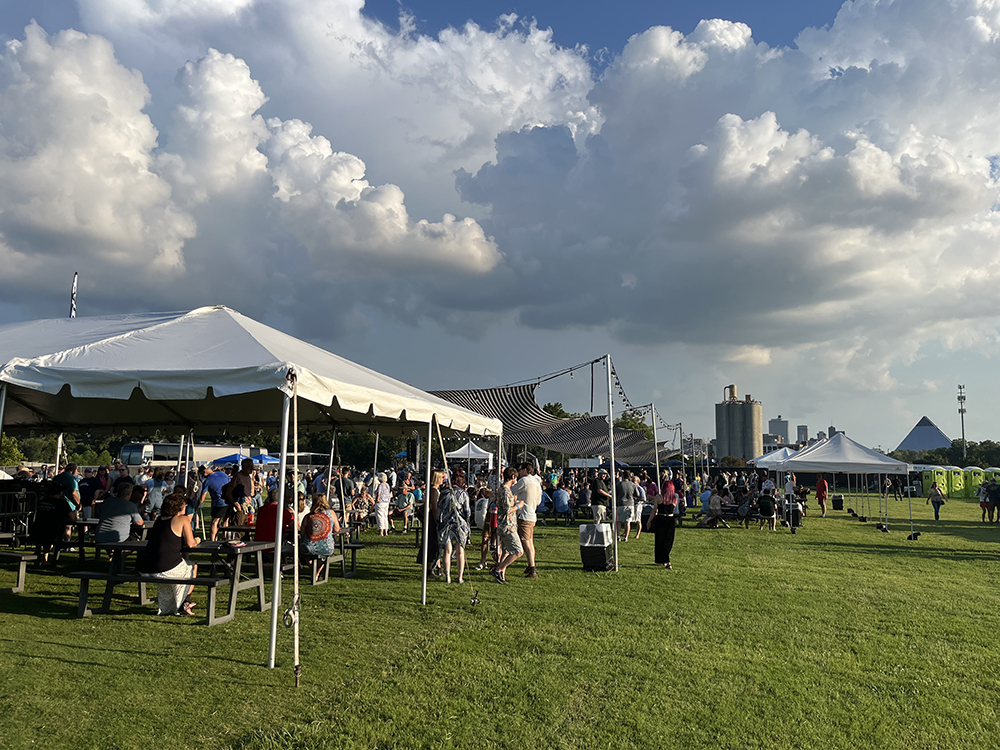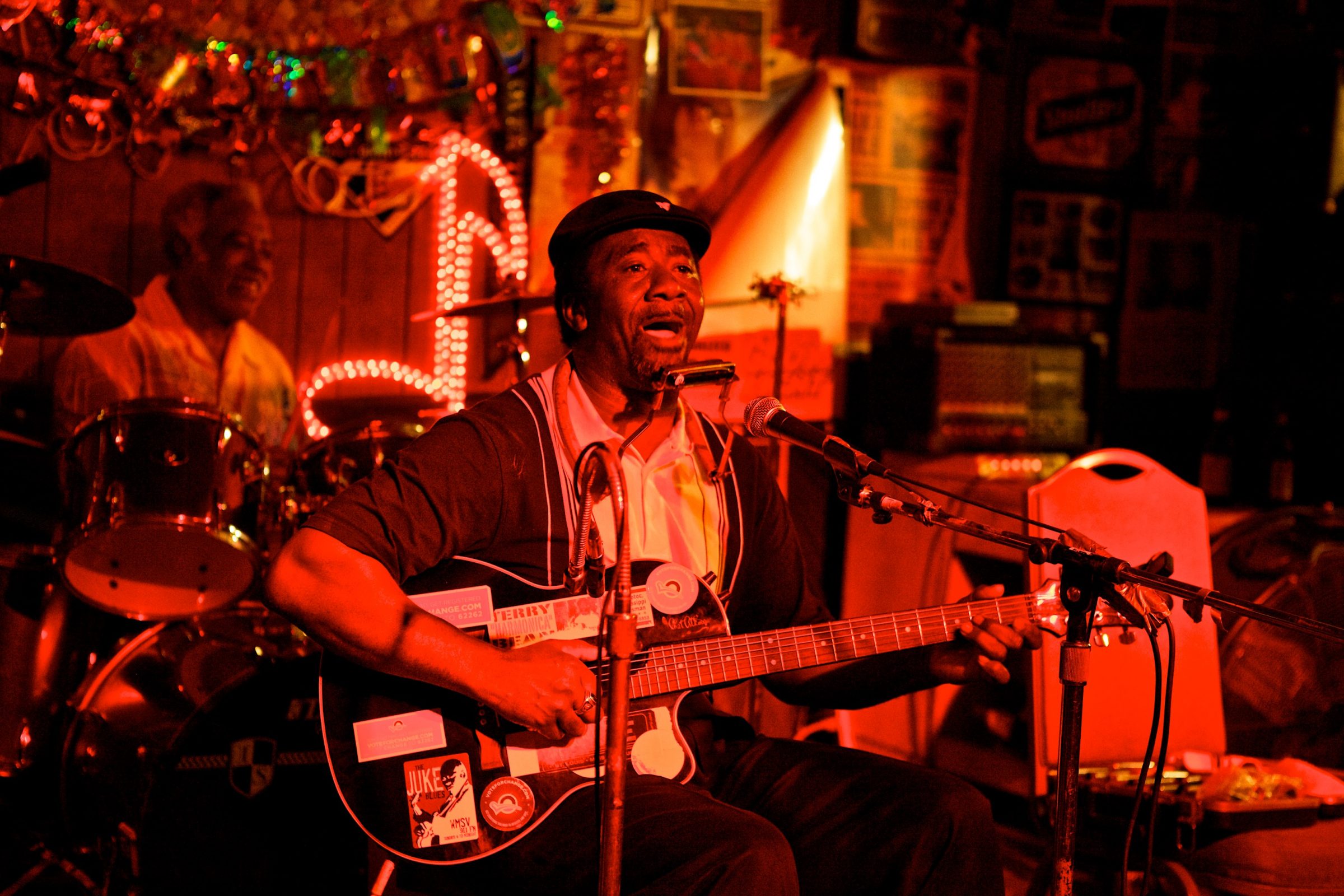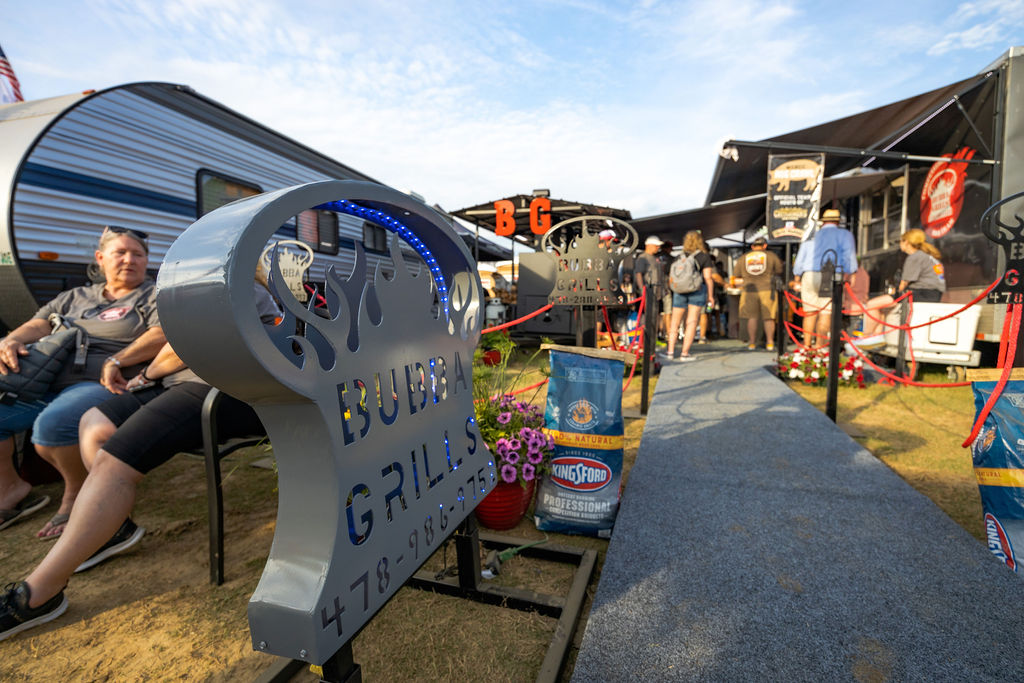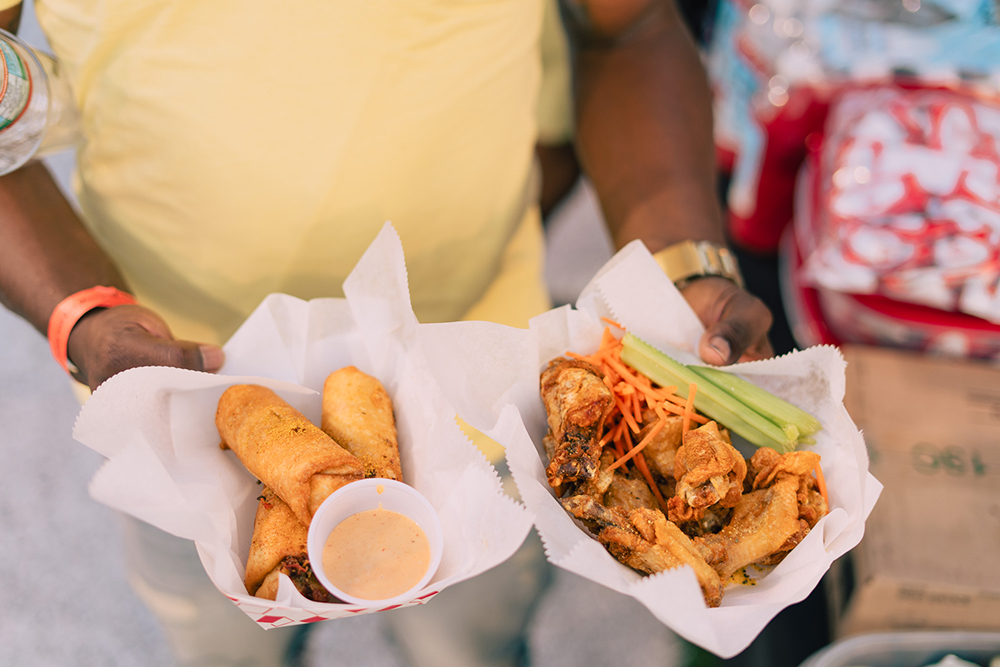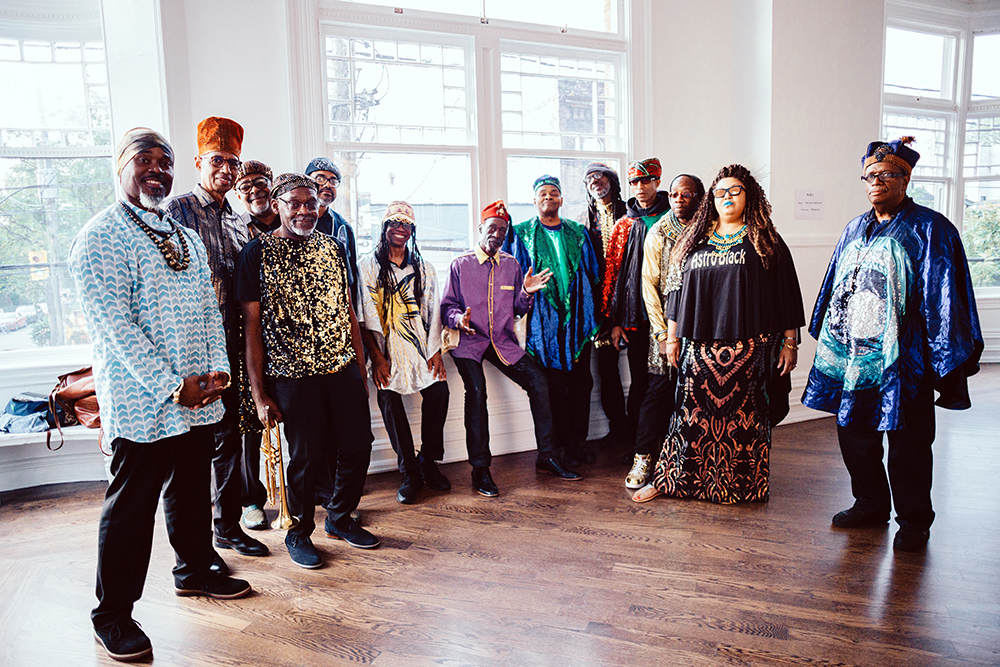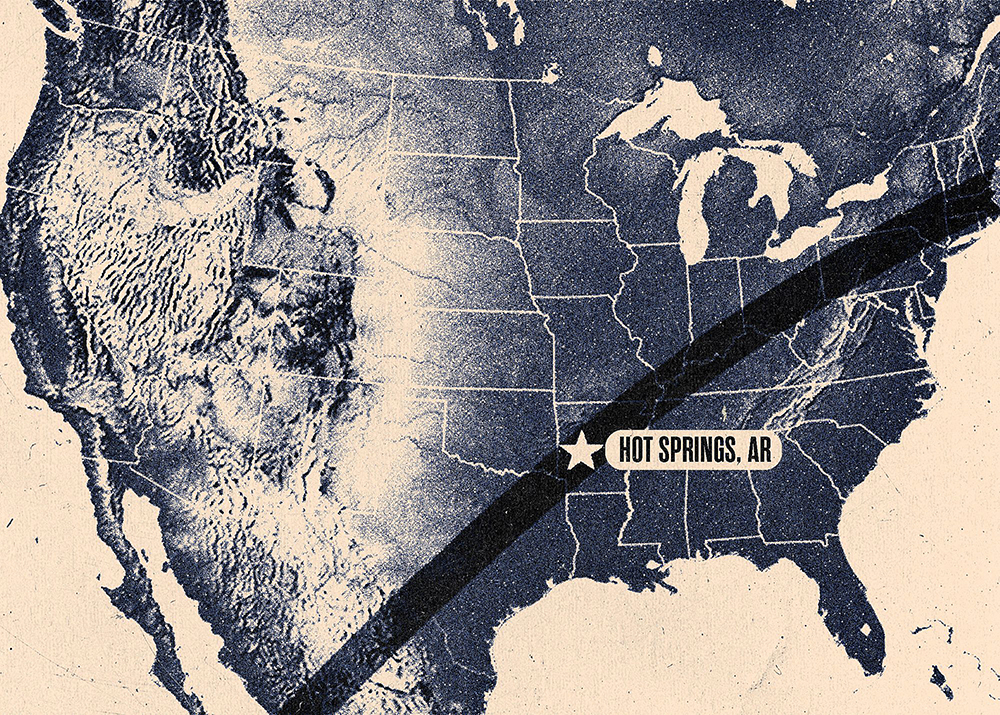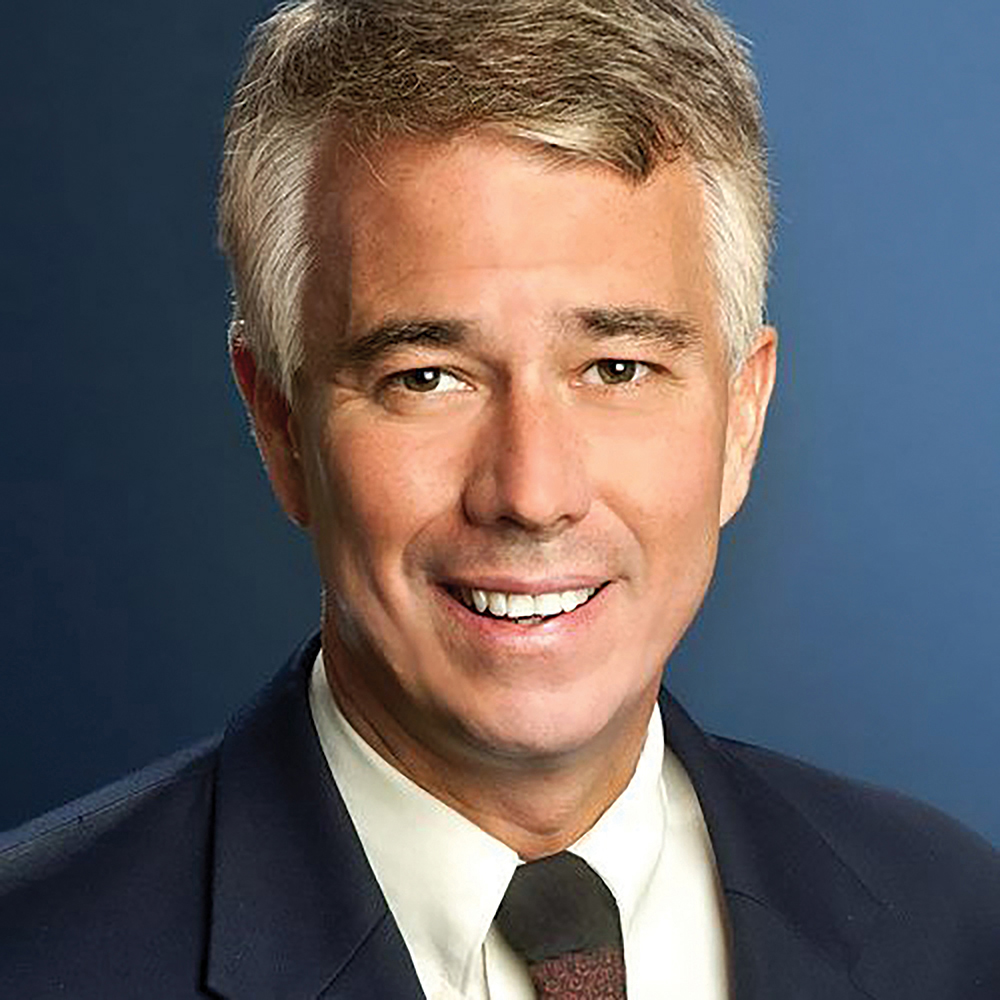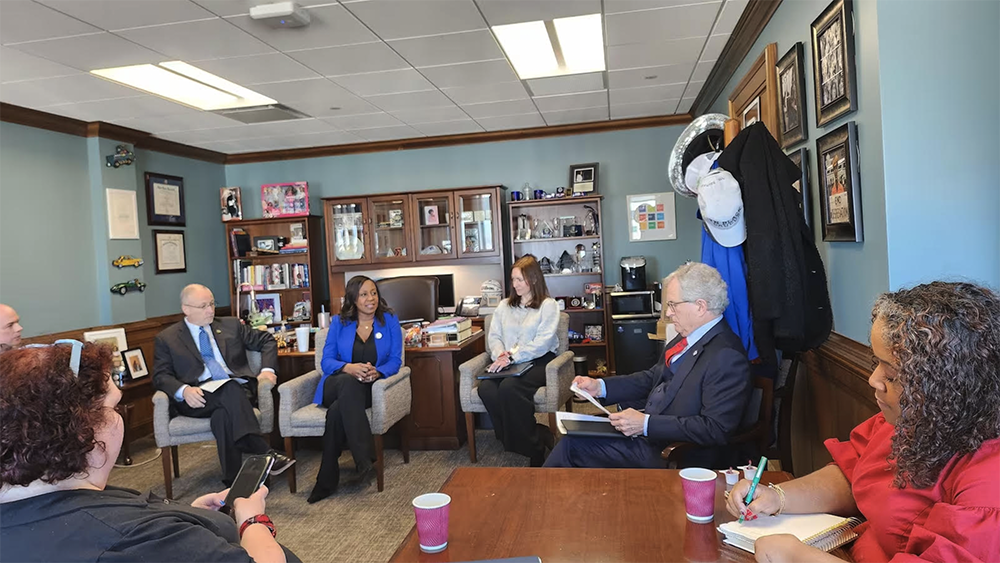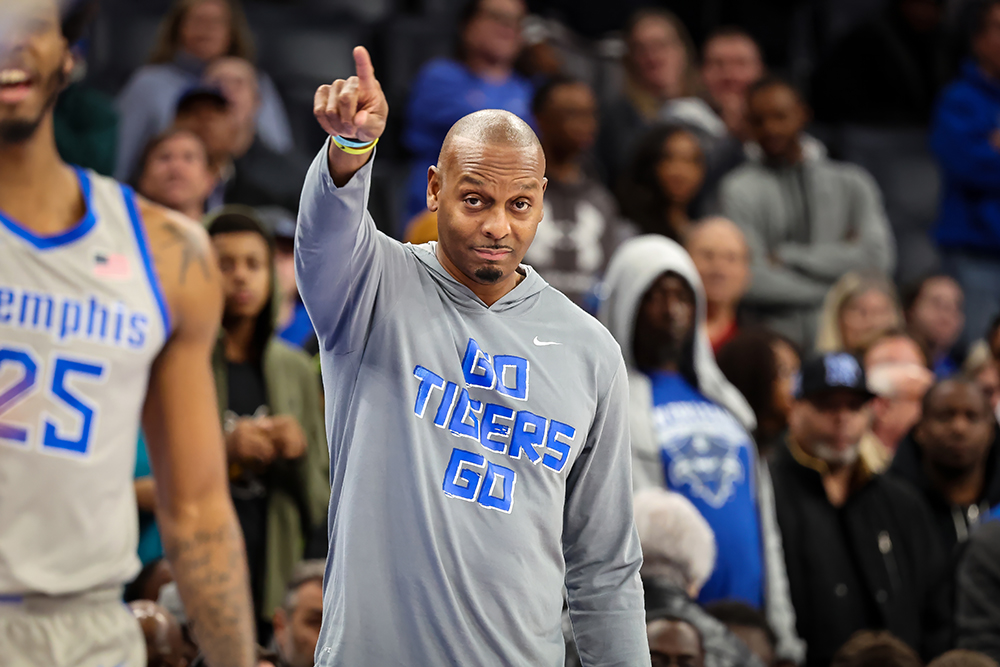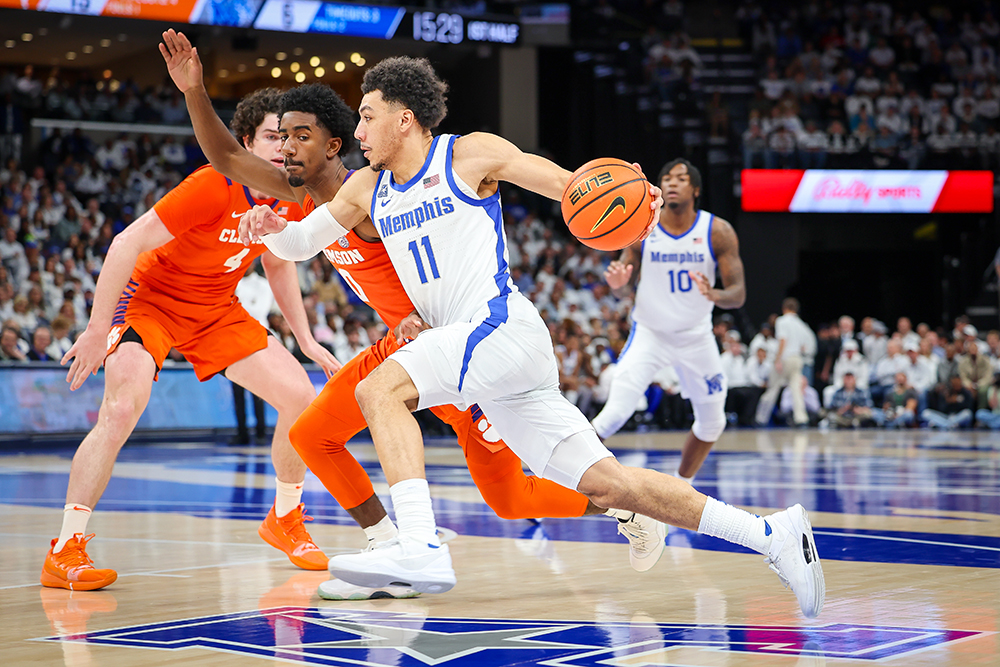May means barbecue in Memphis. It’s like something comes over this city. This year we have two whole barbecue festivals on the same weekend: Memphis in May’s World Championship Barbecue Cooking Contest and the new SmokeSlam. (How will Memphis eat so much barbecue?) Our food writer Michael Donahue profiled two barbecue joints in his food column this week: Pollard’s Bar-B-Que and Jimbo’s Brickhouse BBQ (see page 25). He rarely ever does a double-feature, but the barbecue got to him, it pulled at him. (How did he eat so much barbecue?) And then the writers at the Flyer simultaneously started craving barbecue — like some sort of supernatural phenomenon — and all they could think about was barbecue, barbecue, barbecue. Or is it barbeque? BBQ? Bar-b-que? Our editors argued; tears were shed. Barbecue was expensed, for the sake of journalism. We had to capitalize on this madness and make a whole barbecue issue. We had no choice; we had to share what we learned. So please read about the barbecue places and dishes that have made us go mad with gluttony. Join us, won’t you?

Arnold’s Smokehouse
Located in the Castalia Heights neighborhood, a few blocks behind the Kellogg’s plant, Arnold’s Smokehouse is off the beaten path, but well worth the effort to find. It’s in a non-pretentious building, hard by some railroad tracks, making it clear Arnold’s isn’t about atmosphere; it’s all about the food. And the food is very good.
The owners are sister and brother Ivy and Shanon Arnold, and they have each created their own extensive menu. Ivy’s is vegan, and features creative smoked ingredients including jackfruit, cauliflower, mushrooms, grilled veggies, tomatoes, greens, pasta, gumbo, and, of course, tofu. Shanon’s menu is more traditional and meat-friendly. Both are stellar and varied, with some ambitious and unexpected offerings. But this story is about barbecue, so we went the more traditional route.
We started with the cauliflower puffs and green beans as sides, and went with the pulled pork sandwich and pulled pork fajitas as our main dishes. Everything was superb. In fact, I’d rank both the sandwich and the fajitas as among the best I’ve eaten in my 30 years here in Barbecue-Ville. Seriously delicious food, y’all.
A little logistical advice: Because of the varied menu, I suspect, our wait time was around 30 minutes after ordering. It wasn’t unpleasant. We chatted with Willie Arnold, the father of the owners, and some of the patrons and watched an episode of Martin, but next time, I’ll probably call in our order ahead of time or use DoorDash. However you do it, you’d be wise to give Arnold’s Smokehouse a try.
— Bruce VanWyngarden
2019 East Person Avenue, 901-922-5950

Payne’s BBQ Tacos at Molly’s La Casita
Most of the other restaurants in this story are devoted to barbecue. Molly’s La Casita is not. It’s a Midtown staple, long known for its hearty Tex-Mex fare, including some of the best refried beans you will ever experience. One of the newest additions to the menus fits into the Memphis barbecue story. It’s a collaboration between two Memphis culinary institutions.
“We bought the restaurant about three years ago,” says Jessica Cornell, owner of Molly’s La Casita. “We were just ordering our pork through one of the vendors. I was like, we’re in Memphis. We have so many barbecue options that are made locally. We should try to do something with a local restaurant. Ron Payne is a regular customer. He comes in here once a week and I approached him and asked him what he thought about us using his barbecue pork for our tacos. He thought it was a great idea. So now that’s what we do. It goes in the pork tacos and our pork tamales.”
The Payne’s Pork Tacos differ from the classic pork tacos only in the protein. The dinner portion is two tacos, served with soft tortilla or crunchy shell, with a sprinkling of onion and cilantro. The shredded, slow cooked pork barbecue elevates the dish way beyond the average taco. It’s a match made on Madison Avenue, which is kind of ironic, given that Molly’s original location was on Lamar Avenue, just around the corner from Payne’s.
“Everyone loves them,” says Cornell. “We sell out of the pork all the time. Every time he [Ron Payne] comes, he has to bring us more pork.”
— Chris McCoy
2006 Madison Avenue, 901-726-1873
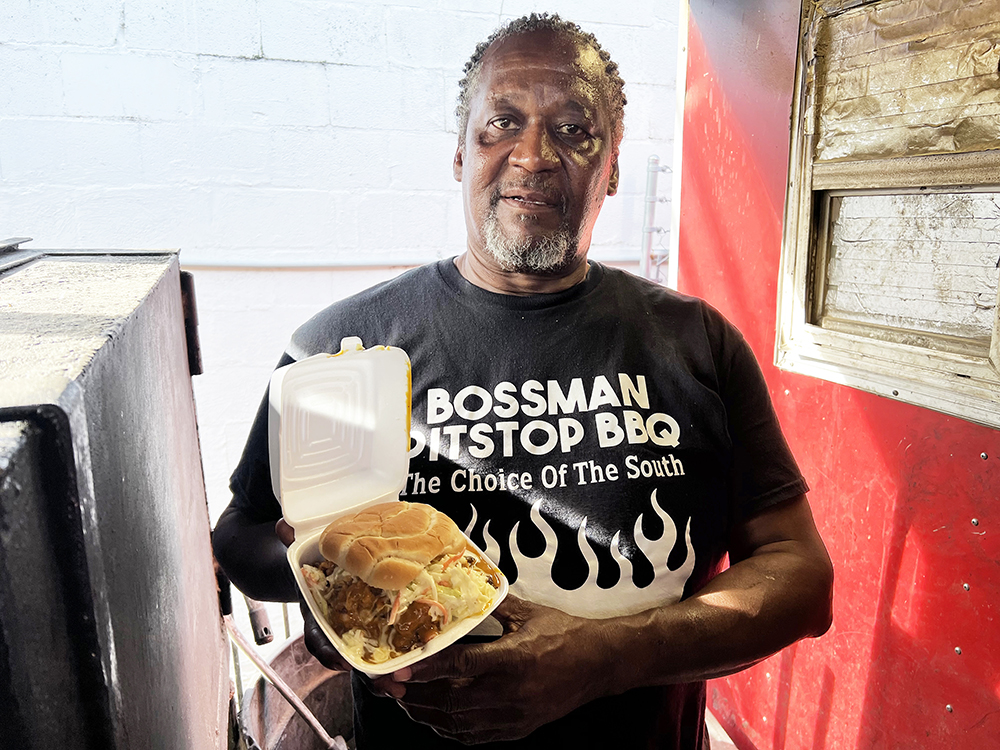
Bossman Pit Stop
Eddie “Bossman” Patterson’s logo is “Come Get Lost in the Sauce.” It’s on the back of the T-shirts for his Bossman Pit Stop.
And that’s easy to do. I recently tried one of Patterson’s pork barbecue sandwiches for the first time. There’s so much going on with those delectable flavors. I asked him if it had buffalo sauce in it. He says no. He uses Cattlemen’s barbecue sauce as a base and then adds his own ingredients.
A native of Tunica, Mississippi, who grew up in Memphis, Patterson tells me he learned how to barbecue from his mother and grandmother. He also learned barbecuing when he worked at the old Papa Chuck’s BBQ on Getwell Street. Papa Chuck’s later moved to the Airways location, which Patterson bought a year after the owner died.
The NBA player Antonio Burks gave him his nickname 19 years ago, Patterson says. “He said I was ‘the boss’ in barbecue. He called me ‘The Bossman.’” They both attended Booker T. Washington High School, he says.
Patterson says he barbecues every day. He goes to bed at 4 a.m, takes his grandson to school the next morning, and then at some point starts barbecuing. “I barbecue for eight hours, put it to the side, and let it do its own thing.”
The secret to good barbecue? “Cook it slow in its own juices.”
Patterson, who also does catering for businesses and events and also operates a food truck, says he eats barbecue every day. “I have to test it to make it right.”
His wife, Patricia, isn’t too happy with him not getting enough sleep, Patterson says. “She’s the ‘Bosslady.’”
— Michael Donahue
2251 Airways Boulevard, 901-743-5426

BBQ Tofu Nachos at RP Tracks
I’ll be honest with y’all because that’s what journalism is all about: honesty. I wasn’t looking forward to this issue because I don’t eat meat; therefore, I don’t eat barbecue. So I was planning on playing hooky and just not writing anything for this cover story — not because I’m a slacker but because I’m picky (I swear I’m not just saying that to keep my job). But then I remembered that I once heard that RP Tracks had BBQ Tofu Nachos, and I eat tofu and I eat tortilla chips. Have I eaten them together? No, but, hey, I have a job to do.
So I moseyed on down to RP Tracks — which, no, isn’t a barbecue joint, I’ve been informed, but it’s a place where this non-barbecue-eater can eat some barbecue, so deal with it. To my surprise, the menu has quite a few barbecue tofu options — the nachos plus a quesadilla and a sandwich — so I had choices for barbecue which, normally, I don’t. And that was kinda nice (and they have other barbecue meat, but I don’t care about that).
I stuck with the nachos for my visit, and they did not disappoint. They came topped with cheese (good), lettuce (good), jalapenos (I didn’t eat), and sour cream (good). I got the black bean chili on the side because, like I said, I’m picky and just don’t like black bean chili, but my boyfriend does and he gave it a thumbs-up. Now, for the pièce de résistance, the barbecue tofu — the rating? Pretty dang good. Cooked just right — not chewy, not mushy, perfect, dare I say. Since I’ve never had “real” barbecue, I can’t make any comparisons, but the flavor was like barbecue chips, especially when you put it on a tortilla chip, which, duh, makes sense. (That was an embarrassingly late-in-life epiphany for me.)
All in all, with this being my first foray eating barbecue in Memphis, I’d say RP Tracks serves up a great vegetarian/vegan/pescatarian option. Try it. I did. And this picky eater liked it.
— Abigail Morici
3547 Walker Avenue, 901-327-1471
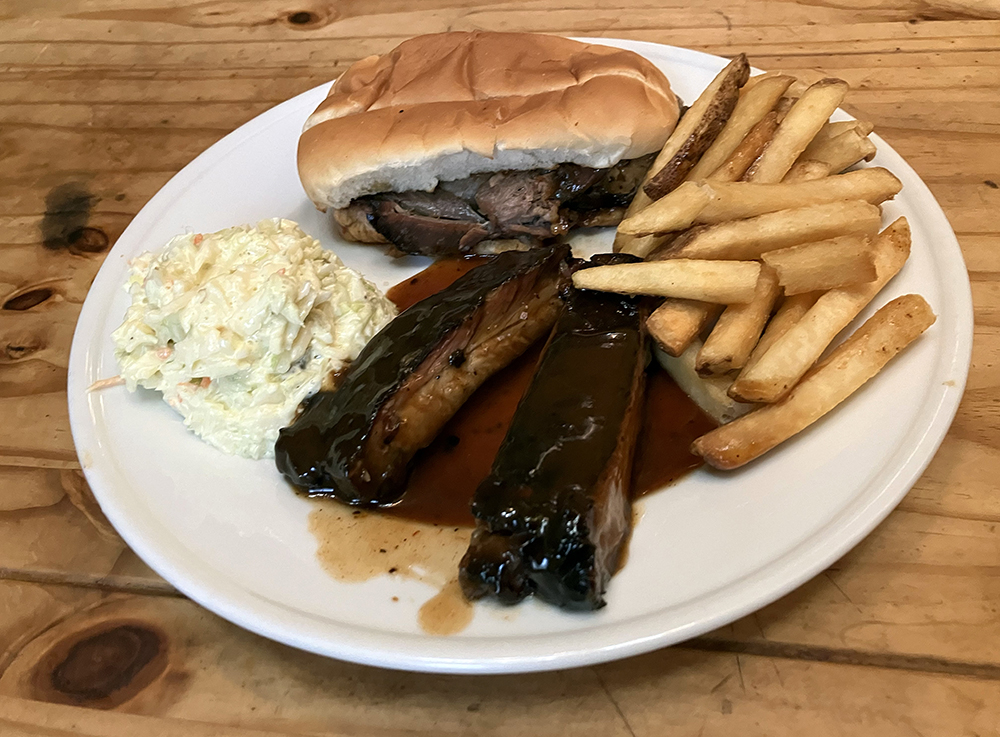
Cozy Corner
When I dine at Cozy Corner, my longtime go-to barbecue sandwich joint, I think one thing: savory. While many of the slow-cooked meats around town have flavor profiles leaning more towards a vinegary edge or a sweet edge, I feel that Cozy Corner approaches the great quality recognized by Japanese culture: umami. Yes, there is a very subtle sweetness to their sauce, balanced with an equally subtle touch of vinegar, but those are mere elements in a whole that’s far greater than the sum of its parts.
That earthy, slow-roasted whole comes through in every delectable bite of a Cozy Corner barbecue sandwich, complemented with a bit of slaw, of course. Unlike many joints offering pulled pork, the meat here is thinly sliced, but the difference in texture matters little to this diner. It’s the flavor profile that’s key. And that’s also true of Cozy Corner’s ribs.
Served (of course) with slices of the whitest of white breads, the meat on these ribs practically falls off the bone. Perhaps one key to that is the Chicago-style smoking technique they use, with the coals placed a bit further from the grill. Starting the meat on the lowest rack and then progressively moving upward increases its time in that luscious smoky environment.
Aside from their classic ribs and sandwiches, Cozy Corner is also famous for their whole Cornish hens, whole chickens, and barbecued bologna sandwiches. But it’s at Thanksgiving that they really shine: My family always pre-orders a whole smoked turkey from them that never disappoints.
— Alex Greene
735 North Parkway, 901-527-9158
………………………………………………………………………………………………
On the Queue for the Weekend
Barbecue smoke plumed blue and beautiful (and mouth-watering) over Liberty Park Wednesday and another will rise Thursday right on the river.
Two barbecue festivals do it low and slow this year in Memphis. The Memphis in May World Championship Barbecue Cooking Contest (WCBCC) opened to the public Wednesday. SmokeSlam, the brand-new festival, was slated to open doors at Tom Lee Park Thursday afternoon.


Everyone used to just call the WCBCC “Barbecue” or “Barbecue Fest.” Time will tell what shorthand or nickname will arise with two contests in town at the same time.
One thing is the same, though. Memphis in May has attracted some of the biggest, most-winning teams in barbecue. The roster shows Big Bob Gibson Bar-B-Q competing in shoulder. Barbecue celebrity Myron Mixon’s Jack’s Old South team will compete in whole hog. Sweet Swine O’ Mine is back cooking shoulder.
In all, Memphis in May boasts about 130 teams from 22 states and five foreign countries. All of them compete in the traditional categories of ribs, shoulder, and hog, as well as hot wings, sauce, and “Anything But Pork.” Winners will take home a share of $150,000 in prize money.

Down on the river, SmokeSlam’s three-day event promises a “fan-first” experience. This means barbecue, of course, but also fans can shop the National Barbecue & Grilling Association (NBBQA) BBQ Bazaar, a central marketplace with a wide array of products from celebrity chefs and other curated goods. The marketplace will also feature live demos from big-name pitmasters like Carey Bringle, Thyron Mathews, Ray Sheehan, Melissa Cookston, and more.
Other high-profile pitmasters will show their stuff at the B&B Charcoal: Live Fire Extravaganza. This will feature demos and live-fire samples from pros like Al Frugoni (Open Fire Cooking), Derek Wolf (Over the Fire Cooking), and others.
The biggest buzz around SmokeSlam in Memphis has been the music lineup. It includes Tone Loc, Young MC, War, The Bar-Kays, and St. Paul and the Broken Bones. Every night ends with a fireworks show.
SmokeSlam attracted some heavy-hitting teams, too: 10 Bones BBQ from Nesbit, Memphis-loved caterers Hog Wild BBQ, and Nashville’s barbecue-famous Peg Leg Porkers. In all, nearly 60 teams will compete. They’re mostly from the Memphis region but the contest pulled in teams from South Carolina, Wisconsin, Arizona, and elsewhere.
SmokeSlam boasts the biggest purse in barbecue competition history. Teams will share $250,000 in prize money.
— Toby Sells
World Championship Barbecue Cooking
Contest, Liberty Park, Wednesday-Saturday, May 15-May 18, $15.00-$549, memphisinmay.org
SmokeSlam, Tom Lee Park, Thursday-Saturday, May 16-May 18, $15.13-$544.74, smokeslam.com

